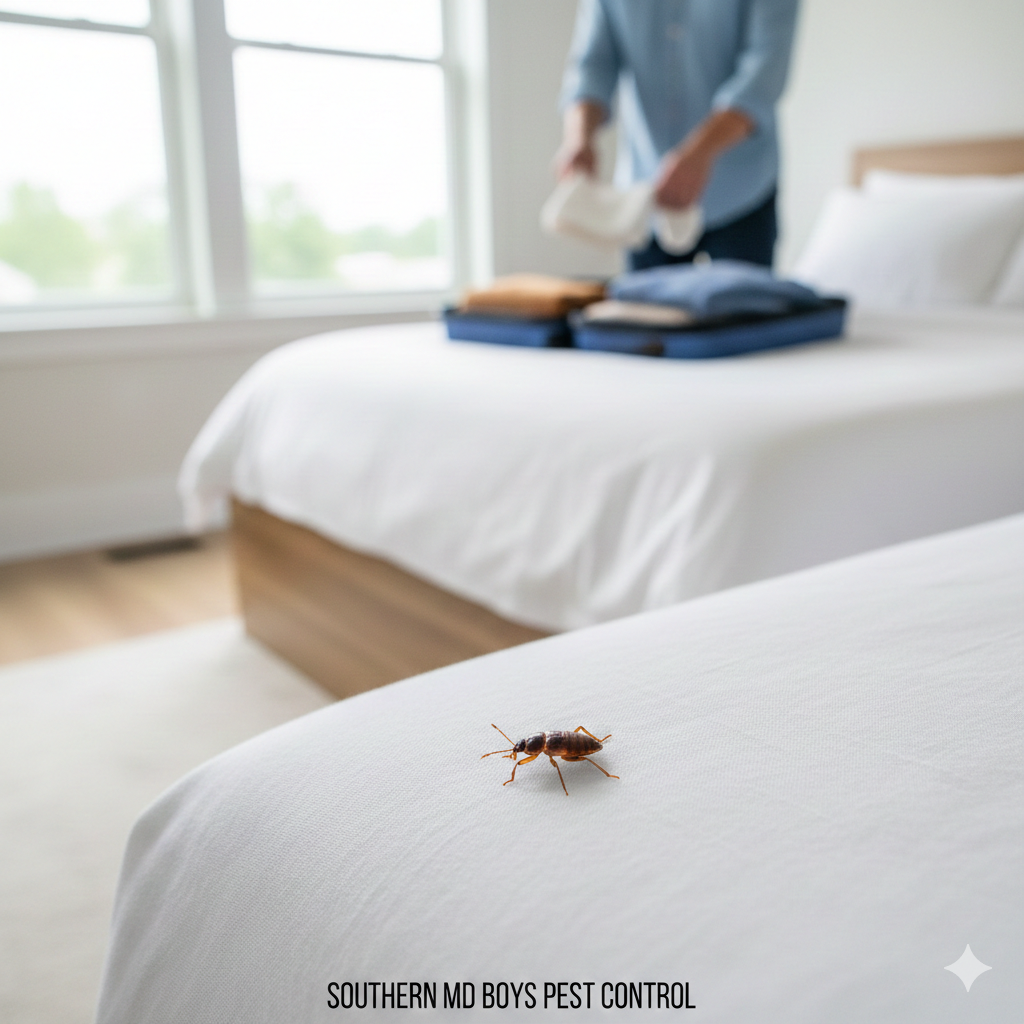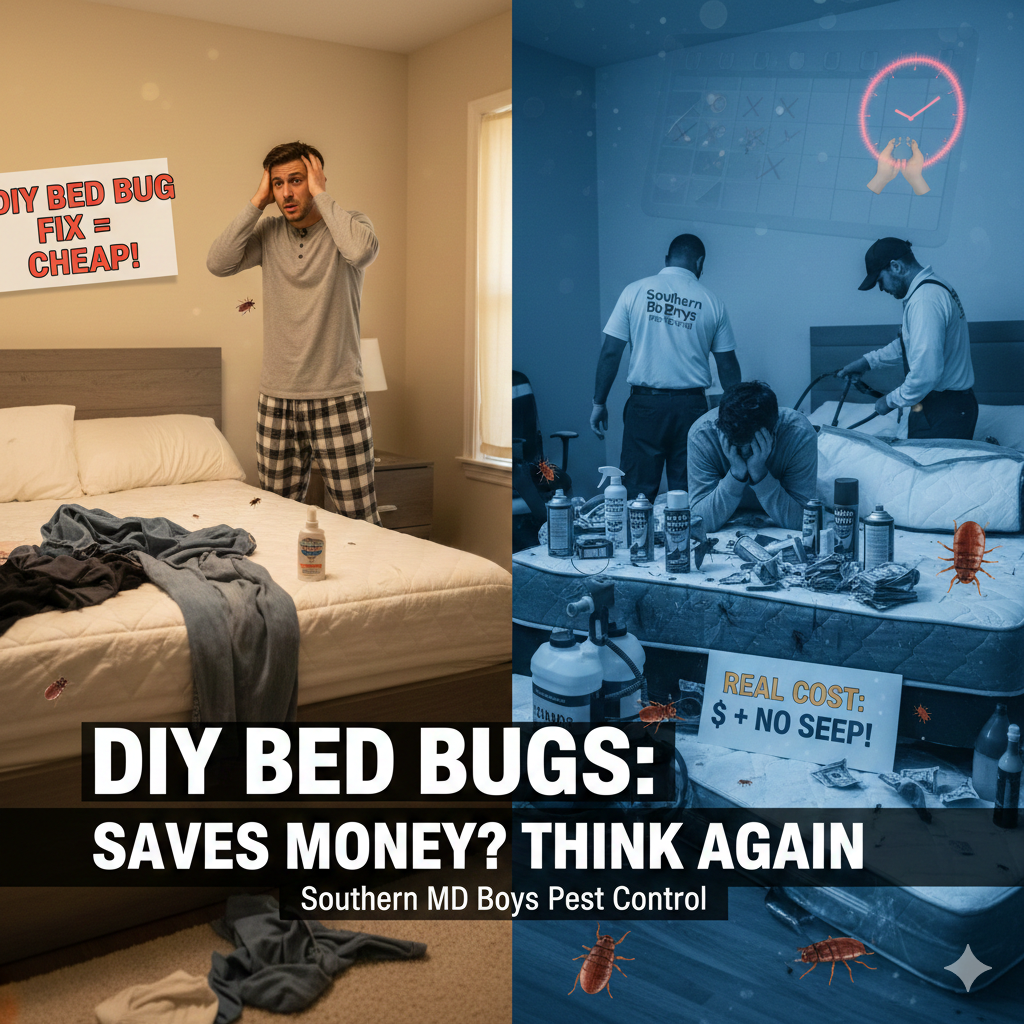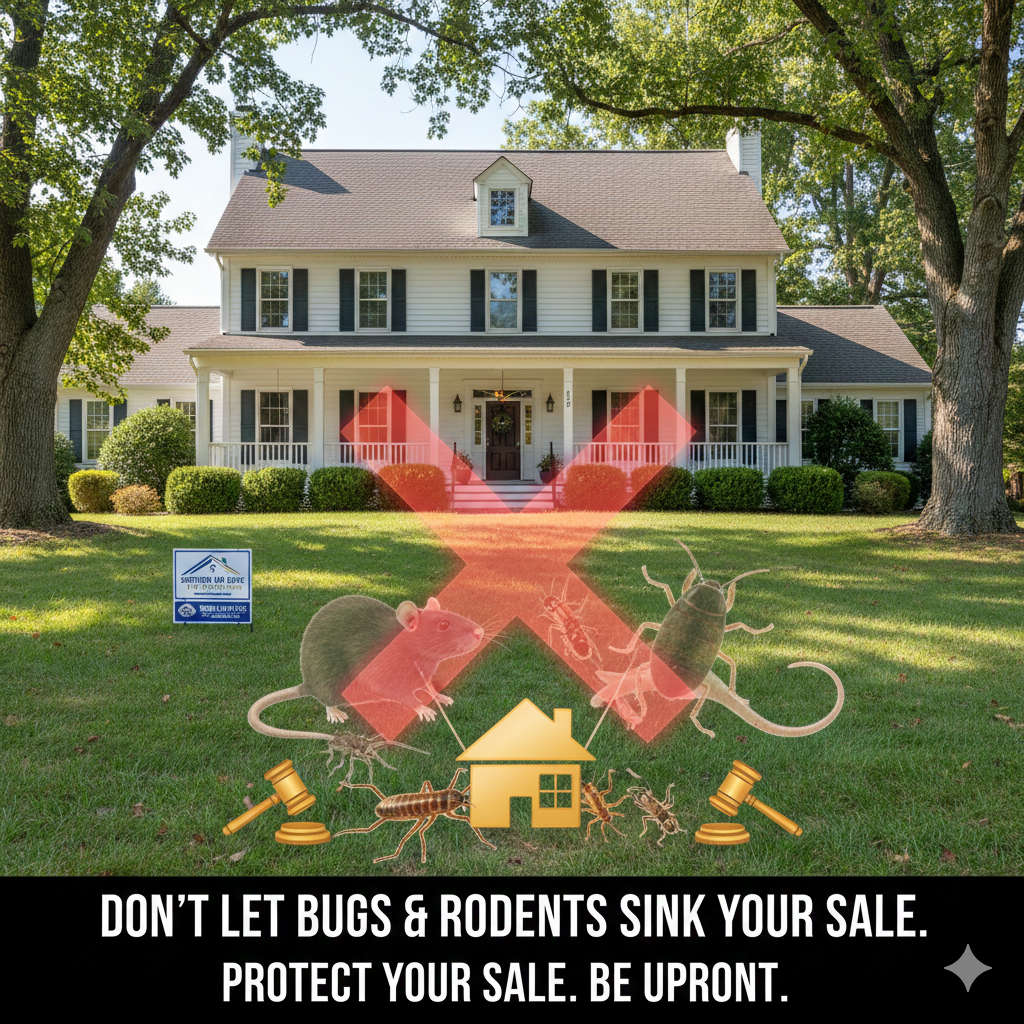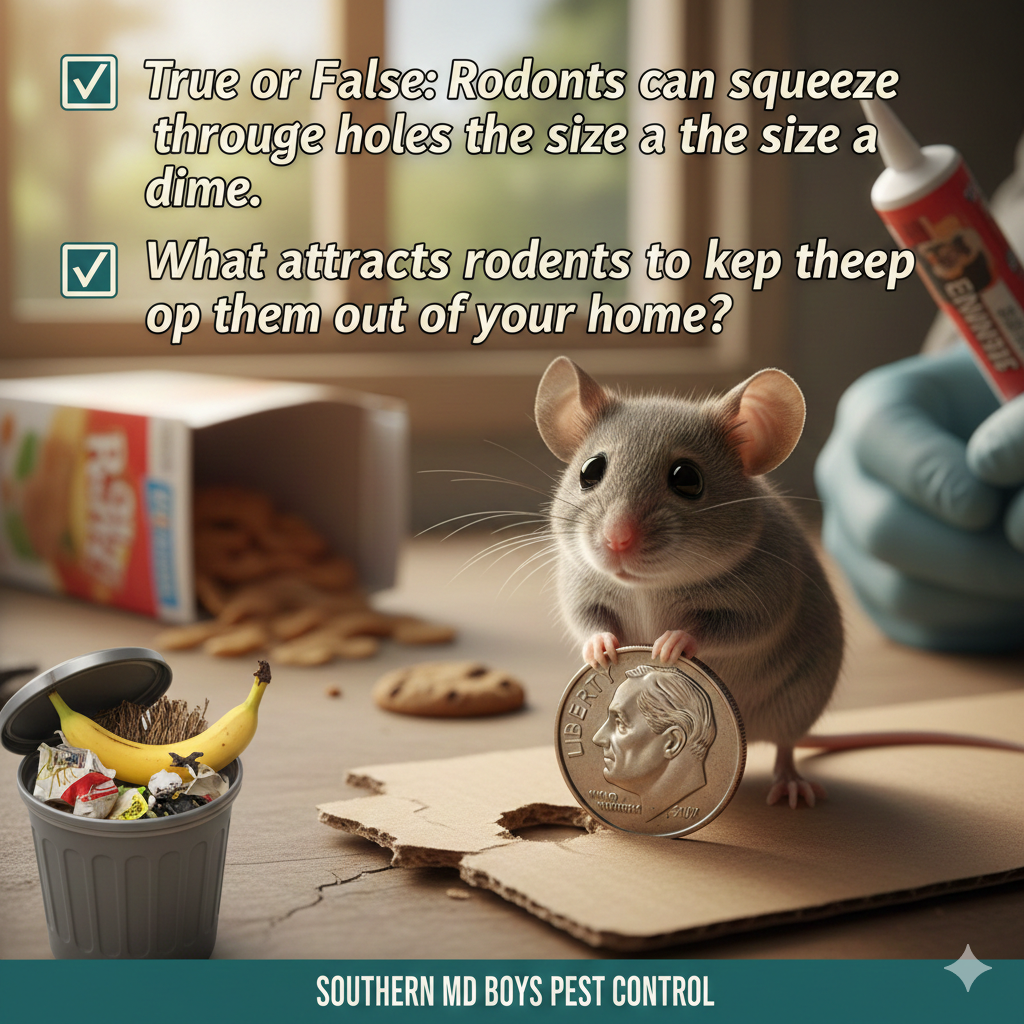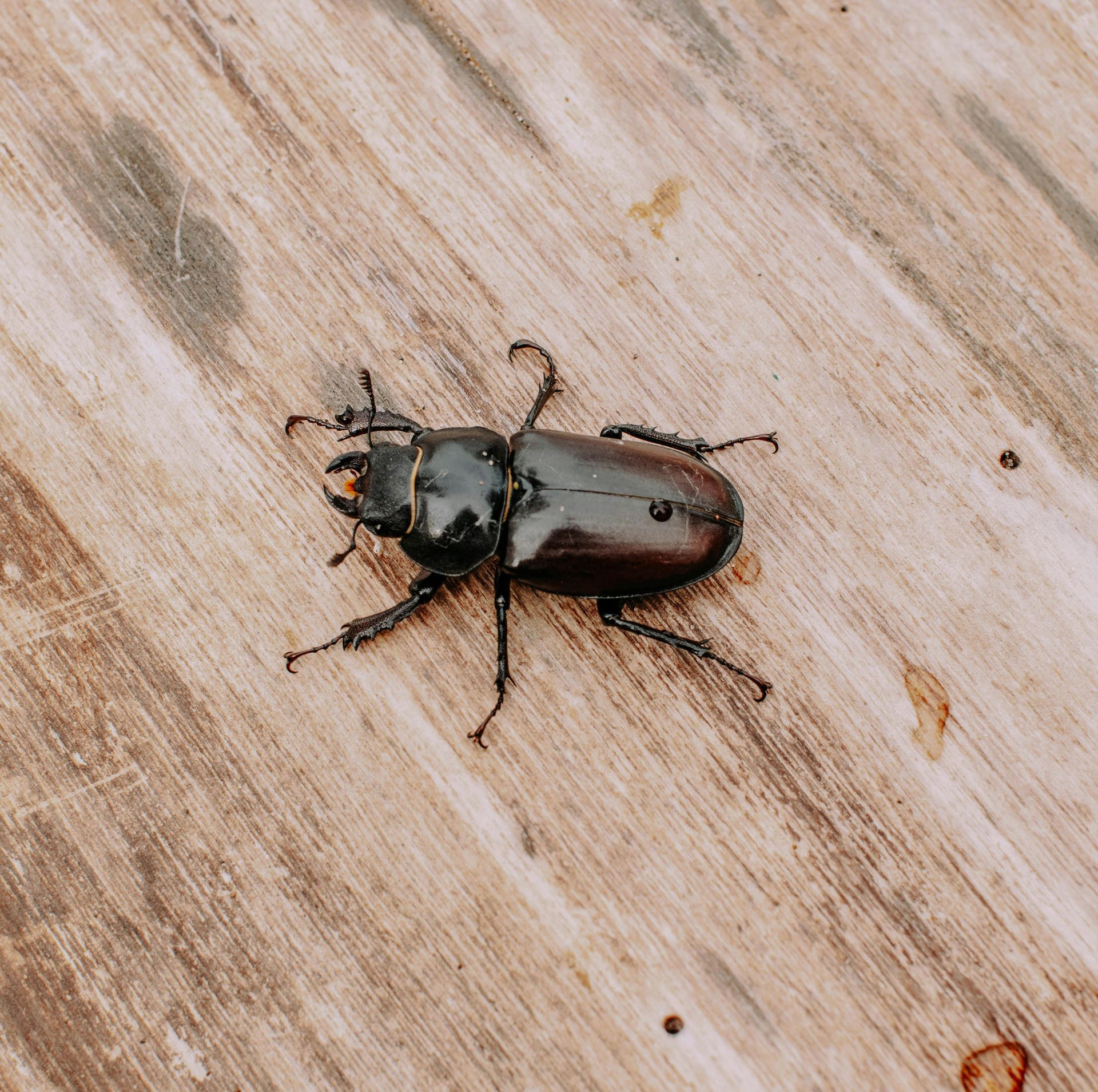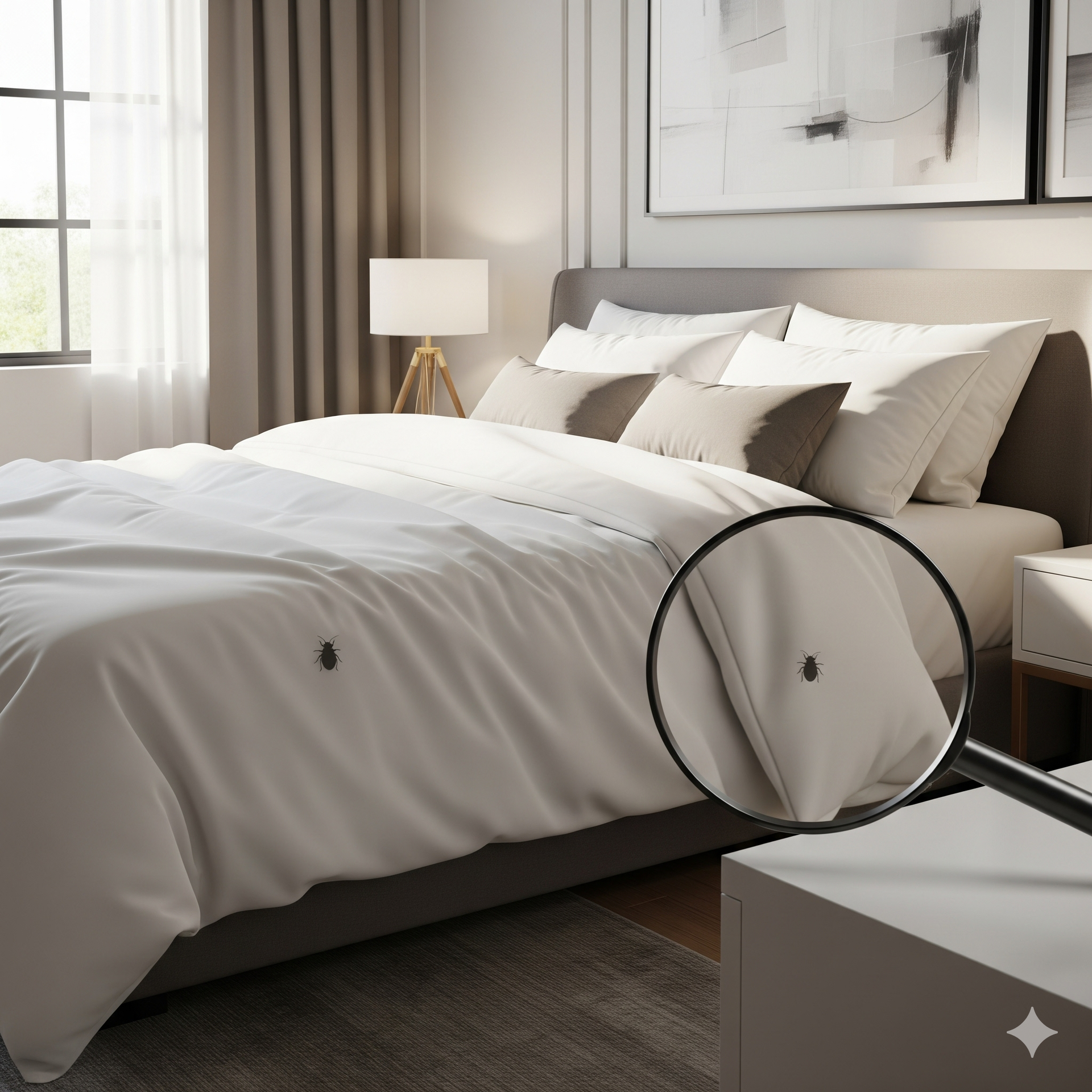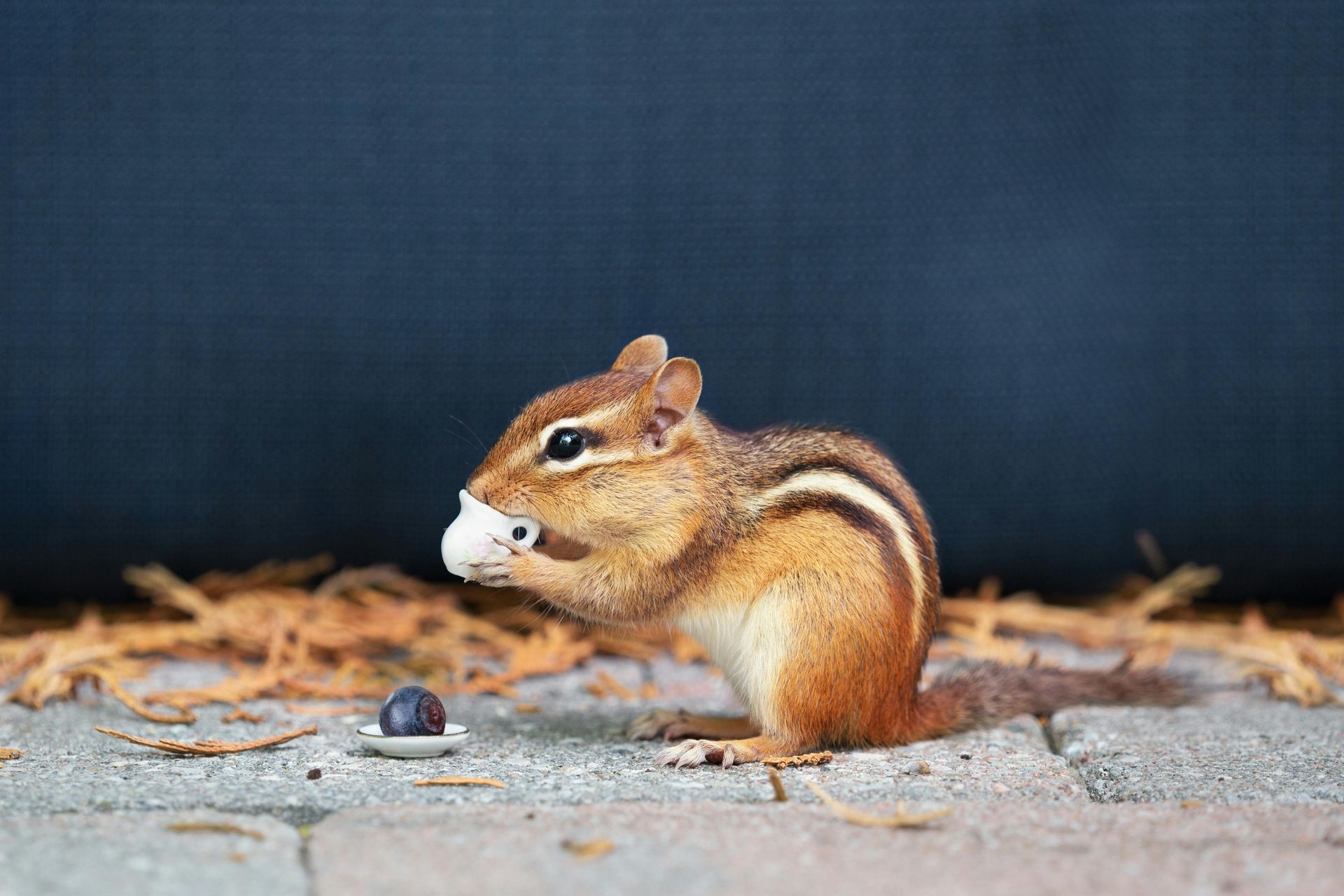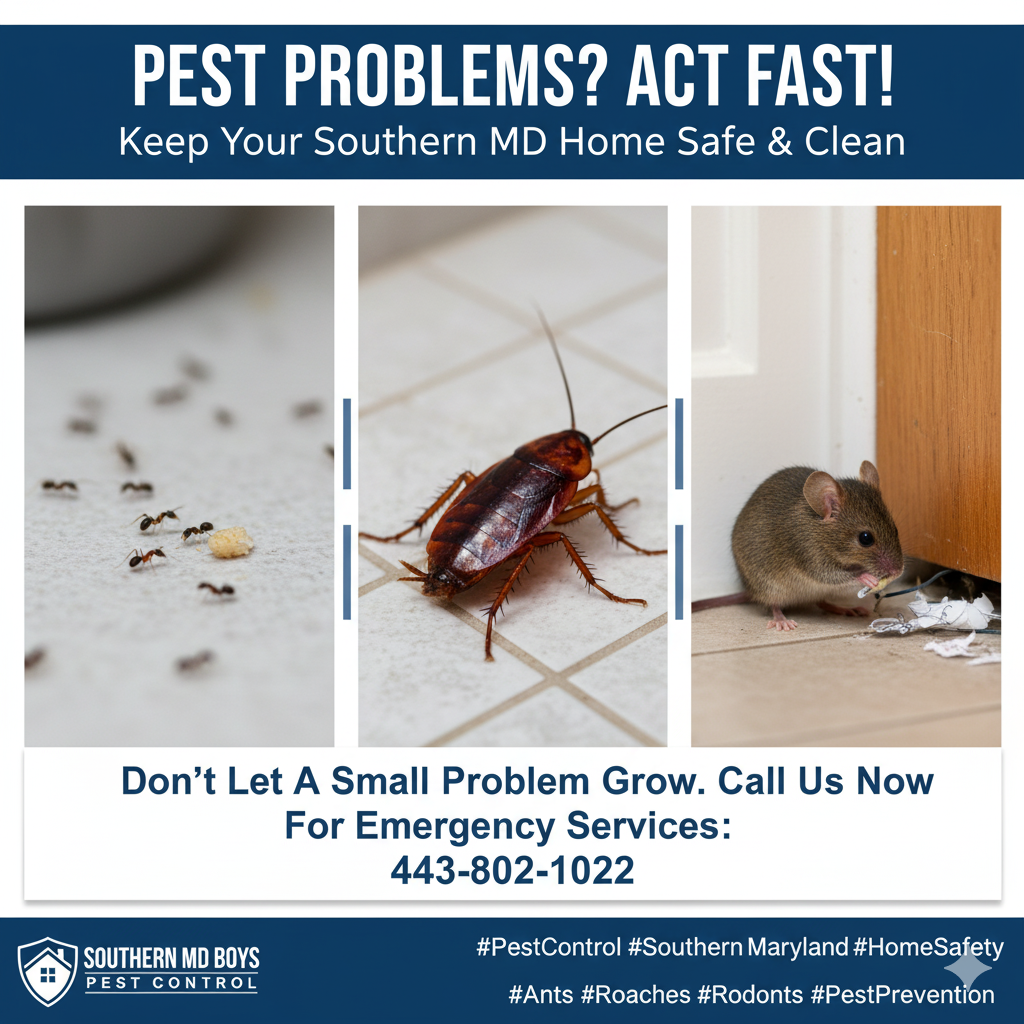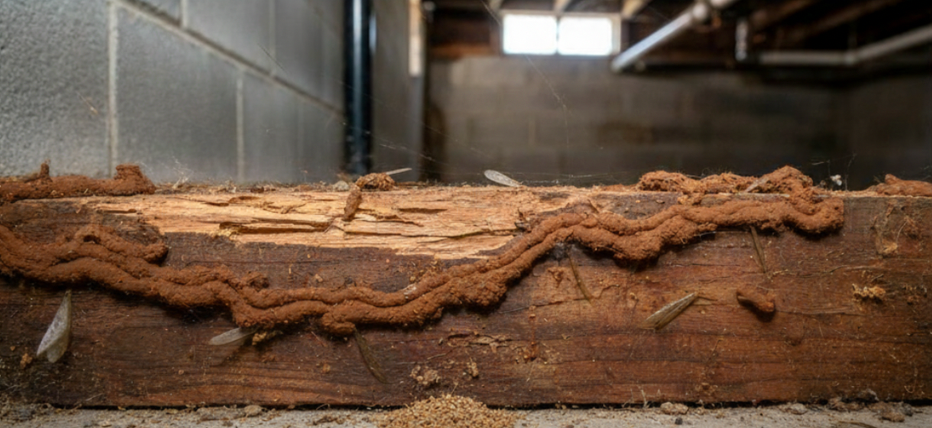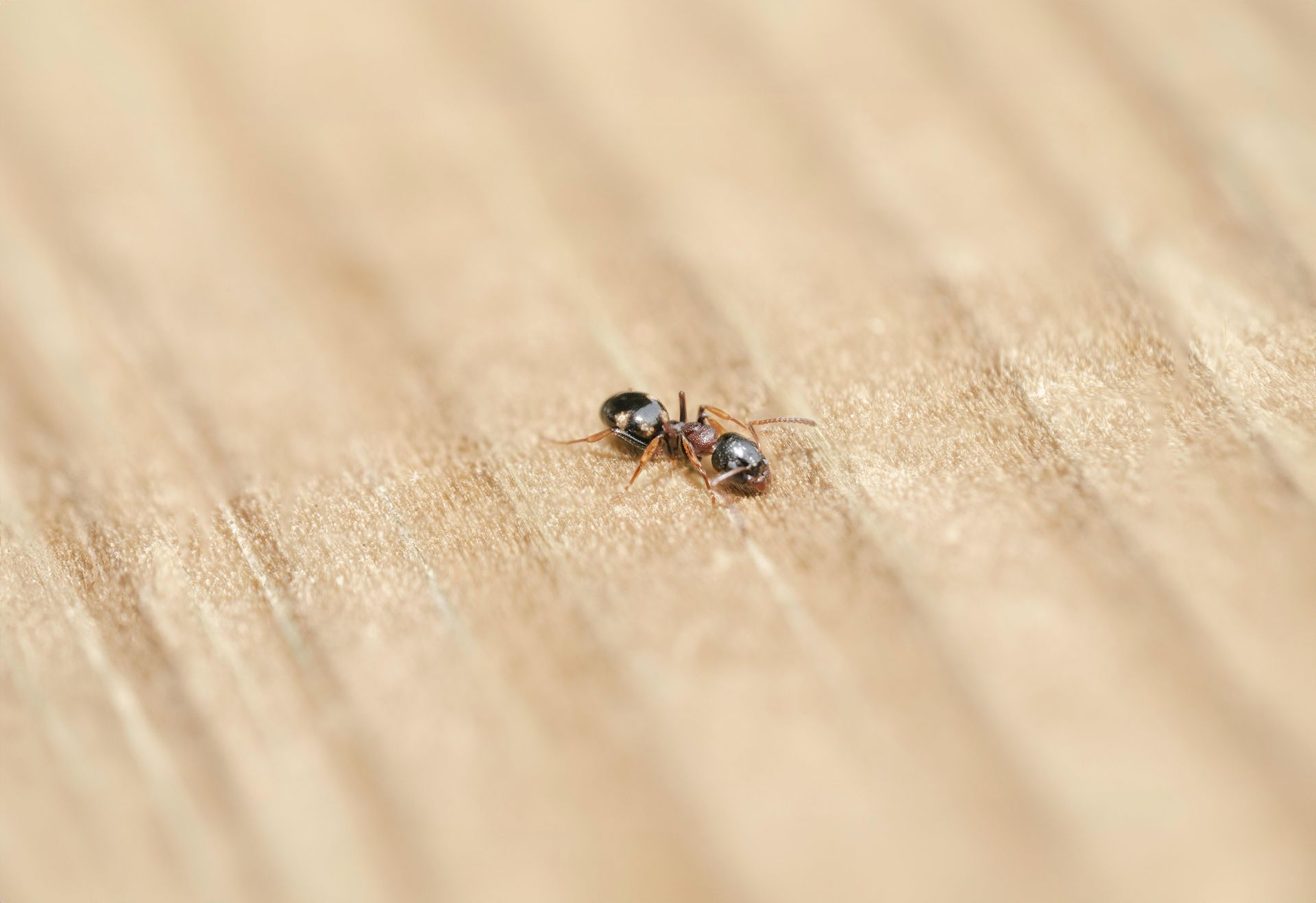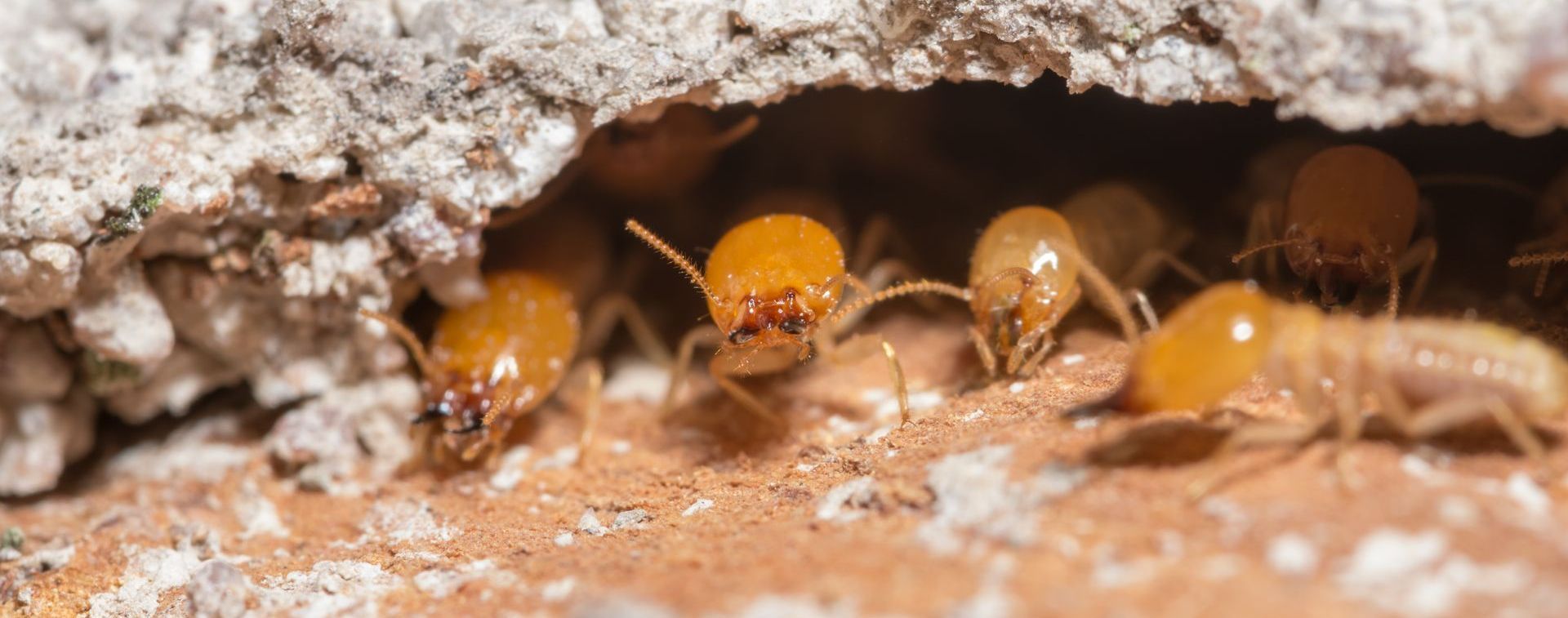More Than a Nuisance, a Health Risk in SoMD
Rodents: Not Just a Nuisance, a Serious Health Risk in Southern Maryland
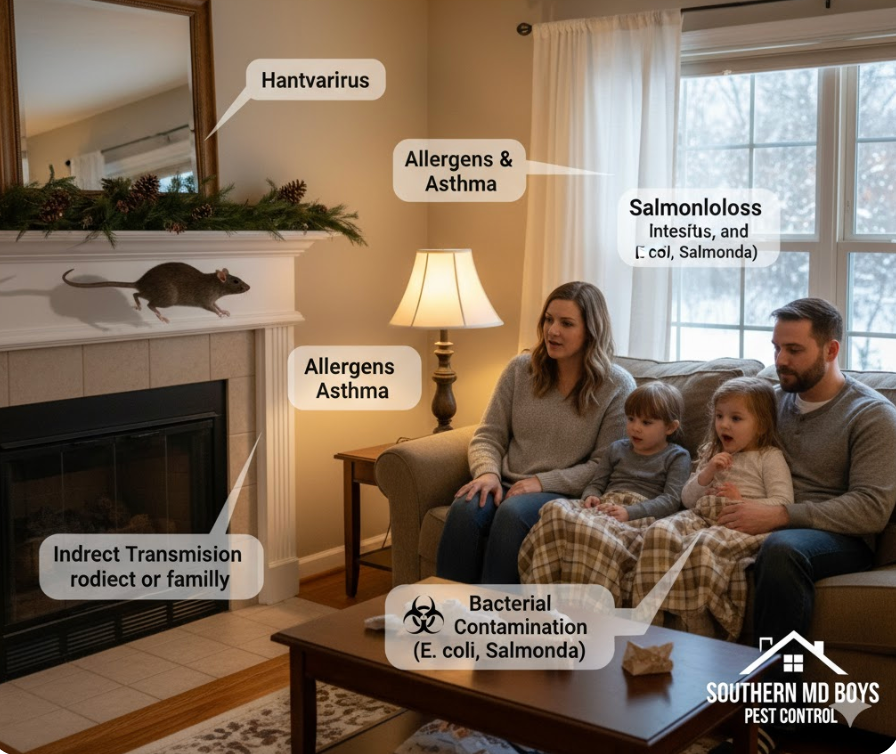
In this article, you will learn:
- Why rodents are more than just an annoyance.
- The significant health risks associated with rodent infestations.
- How rodents increase their activity and invasions during colder months.
- Crucial prevention tips to protect your Southern Maryland home this winter.
- When to seek professional pest control assistance for rodent issues.
When you spot a mouse or rat scurrying across your floor, your first thought might be about the "ick" factor or the potential damage to your home. While these are valid concerns, the truth is far more serious: rodents are not just a nuisance; they pose significant health risks to you and your family. For residents in Calvert, St. Mary's, and Charles Counties, understanding these dangers and taking proactive steps for prevention, especially as winter approaches, is crucial.
The Hidden Dangers: Rodents and Your Health
Rodents are carriers of numerous diseases and pathogens that can be transmitted to humans. These aren't just obscure illnesses; they include serious conditions that can have lasting impacts on your health.
1. Hantavirus: This severe respiratory disease is transmitted through contact with rodent urine, droppings, or saliva, or by inhaling airborne particles from these sources. Symptoms can be flu-like but can rapidly progress to severe respiratory distress.
2. Salmonella: Rodents can carry Salmonella bacteria on their bodies and in their feces, contaminating food preparation surfaces, utensils, and stored food. Ingesting contaminated food can lead to salmonellosis, a common cause of food poisoning.
3. Leptospirosis: Transmitted through contact with water or soil contaminated with infected rodent urine, leptospirosis can cause a range of symptoms from mild flu-like illness to severe kidney damage and liver failure.
4. Allergens and Asthma Triggers: Rodent droppings, urine, and dander can accumulate in homes, exacerbating allergies and asthma, especially in children and individuals with respiratory sensitivities. These allergens become airborne, reducing indoor air quality.
5. Other Bacterial Contaminants: Beyond Salmonella, rodents can spread E. coli and other harmful bacteria, contributing to foodborne illnesses and general unsanitary conditions within your living space.
Why Winter is Prime Time for Rodent Invasions
As temperatures drop across Southern Maryland, rodents like mice and rats seek warmth, shelter, and food. Your home, with its cozy interiors and readily available provisions, becomes an irresistible haven. They can squeeze through incredibly small openings – a mouse can fit through a hole the size of a dime! Common entry points include cracks in foundations, gaps around utility pipes, unsealed vents, and even open garage doors.
Once inside, they establish nests in hidden areas like attics, basements, wall voids, and behind appliances. This is when the health risks escalate, as their droppings and urine accumulate in areas where you and your family live, work, and sleep.
Prevention is Your Best Defense
Taking preventive measures now, before the full force of winter sets in, is the most effective way to safeguard your home and health.
- Seal Entry Points: Thoroughly inspect the exterior of your home. Seal cracks in the foundation, gaps around pipes, and openings around windows and doors with caulk, steel wool, or mesh.
- Maintain a Clean Environment: Keep your home tidy, especially the kitchen. Store food in airtight containers, promptly clean up spills and crumbs, and regularly empty trash cans.
- Eliminate Water Sources: Fix leaky pipes and faucets, and ensure good drainage around your foundation. Rodents need water to survive.
- Declutter: Reduce clutter in basements, attics, and garages, as these provide ideal hiding and nesting spots for rodents.
- Trim Vegetation: Keep tree branches and shrubs trimmed away from your home's exterior walls. Overhanging branches can provide rodents with easy access to your roof.
When to Call the Professionals
While DIY methods can offer some relief, a full-blown rodent infestation requires professional intervention. If you've tried prevention without success, or if you suspect a significant problem, it's time to contact a local expert. Pest control specialists have the knowledge, tools, and experience to:
- Accurately identify entry points and nesting sites.
- Implement effective and safe eradication strategies.
- Advise on long-term prevention solutions to keep rodents out for good.
Don't underestimate the dangers of rodents. Protecting your Southern Maryland home from these pests is not just about comfort; it's about protecting your health.
Key Article Take-Aways:
- Rodents are serious health hazards, spreading diseases like Hantavirus, Salmonella, and Leptospirosis, and triggering allergies/asthma.
- Winter drives rodents indoors, making prevention critical during colder months.
- Seal entry points, maintain cleanliness, eliminate water sources, and declutter to prevent infestations.
- Professional pest control is essential for effective rodent eradication and long-term prevention.
Contact Southern MD Boys Pest Control
for any of your extermination and pest control needs.
Related Keywords and Hashtags:
- Rodent Control Southern MD
- Pest Control Calvert County
- St. Mary's County Pest Control
- Charles County Rodent Exterminator
- Mouse Control Southern MD
- Rat Control Maryland
- Winter Pest Prevention
- Rodent Health Risks
- Home Pest Control SoMD
- Hantavirus Prevention
- Salmonella Rodents
- Pest Prevention Tips
- #SouthernMDPestControl
- #RodentControl
- #PestPrevention
- #MarylandPests
- #HomeSafety
- #HealthRisks
- #WinterPests
- #SoMDPest
- #Exterminator


